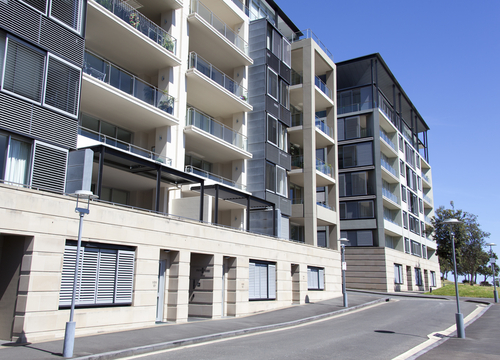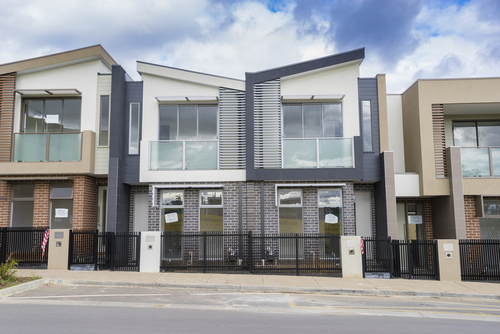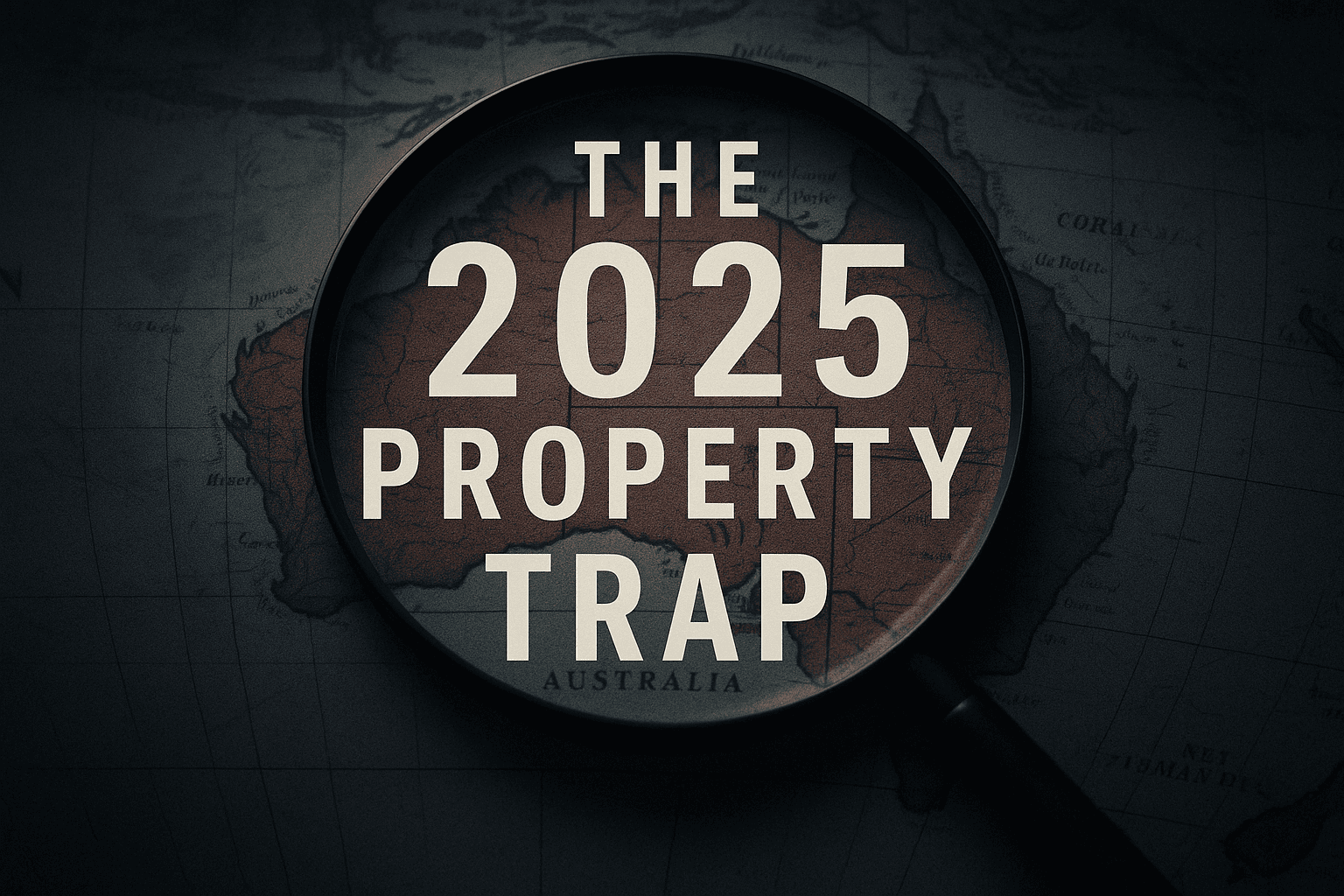Which Property Type Should I Choose?

The property type you choose will depend upon a number of factors.:
- Your personal risk profile – how much risk you’re comfortable with
- Your financial capacity
- What stage of growth you’re in
- When you expect or need to retire
Established houses

Benefits
Investors also have the option, when conditions are right, to increase their capital growth through strategic improvements to their investment properties.
Depreciation of the structures on the property can really help offset your tax bill, as can all of the other tax benefits investing in houses can deliver.
Disadvantages
Typically, a large share of a house’s value is tied up in the land. This means that often, the rental yield won’t reflect that value.
Maintenance costs can be higher in houses than units because you’re responsible for the entire structure whereas the body corporate in units maintains common areas, eliminating some of your financial burden.
When to purchase
Purchased at the right time of the market cycle and in the right location, investing in houses is a good strategy for investors in the early and middle stages of their lives.
The concept of investing in houses has to do with capturing as many growth cycles as possible. If you buy when the market cycle is at it’s lowest, then hold, you’ll gain the most benefit.
As rents grow, and as your debt is reduced, your investment will soon begin to pay for itself. Until such time, you’ll gain tax benefits either through a cash neutral or tax negative position.
When you’re ready to retire, the house should ideally provide positive cash flow to fund your lifestyle.
Apartments

Benefits
As apartments can often be either positively or neutrally geared, they are a good option for investors who need to be cash-flow positive.
They’re also easy to hold as the strata manager is responsible for the upkeep of the building, leaving you with less maintenance than is required for investors who are investing in houses.
Disadvantages
Of course there’s no perfect investment, and units’ lack of intrinsic land value impedes their capital growth.
While the building’s value rises the land doesn’t necessarily follow. The building and all of the improvements that go with it is where the value lies.
Unlike houses, units also incur strata fees which can add onto the ownership costs. Owners are also limited by the strata bylaws in the renovations they’re able to do.
If you buy in the wrong location where the market is oversupplied with units you’ll also experience both limited capital growth and rental yields, so it’s important to choose units based on demand, desirability, supply, etc.
When to purchase
Investors who are further along in their property investing journey and those nearing retirement would do well to buy units as they can be a good income source.
Villas/townhouses

Benefits
Townhouses can deliver capital growth that rivals houses and rental yields similar to units.
They also offer the potential to renovate, provided the by-laws allow it, which can increase both your property’s value and your rents.
Lower entry and maintenance costs compared to a house also make this a good opportunity for beginning investors with limited financial capacity.
Disadvantages
Strata restrictions are the biggest impediment to a townhouse or villa’s profitability. Over time, a property can become outdated…if the by-laws are too restrictive this can impact an investor’s ability to update a property either through renovation or even as far as demolition.
Also, a group of villas or townhouses might face competition from similar properties, offering investment property owners little opportunity to make their property stand out amongst the crowd.
When to purchase
Villas or townhouses are suitable for many different investment property portfolios.
This property style offers individuals who are in the beginning stages of growing their investment property portfolios a lower price point than houses. Also, the capital growth prospects provide access to leverage that can help them continue to grow their wealth.
Which property type is right for me?
If you’ve been searching the markets but still aren’t sure where or what to buy, consult with a professional property advisor. Find someone who is a seasoned investor with a proven track record of delivering quality advice that you can count on!
If you’re after more tips related to Property Investment, you should join us at our next Property Investor Night and meet with our wonderful Coaches. You’ll be able to ask them any question you want and it’s a free event! Book your seat here.

Take the Next Step
The 2025 Property Trap: 5 Warning Signs Every Australian Investor Must Know
In 2025, Australia’s property market is filled with hype, confusion, and hidden risks. Before you buy, learn the 5 most common traps that can derail your investment goals—and how to avoid them like a pro.
Building a $100k Passive Income Stream Through Property: The ‘Property Stacking’ Method Explained
Discover how to build a $100K passive income stream through property using the proven Property Stacking Method. Learn the three core principles smart Australian investors are using to scale their portfolios faster — without financial stress.
Investment Property Financing – Comprehensive Guide 2023
You won’t get very far as an investor without...






